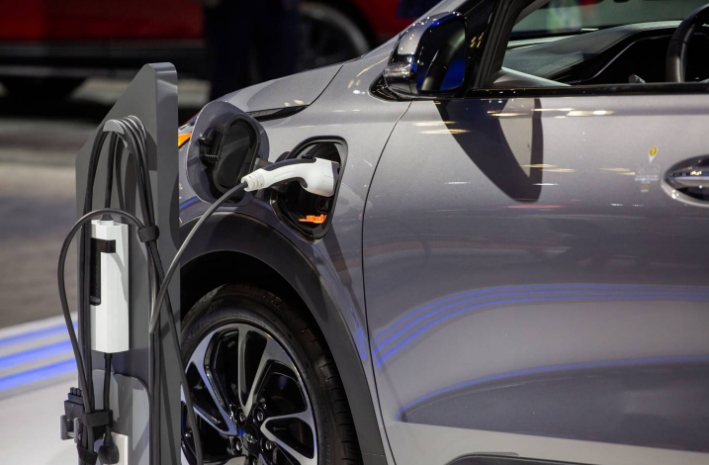
The United States Becomes the Second Largest Electric Vehicle Market in the World

The International Energy Agency (IEA), in its annual report presented last April, estimates that electric vehicles will account for nearly one-fifth of global auto sales by 2023.
China, with approximately 60% of global sales, continues to dominate the market, but a country has emerged that is displacing Europe as the second largest supplier of electrified car technology.
This is the United States, which, in the first quarter of 2023, positioned itself as the second largest electric vehicle market in the world after the Asians.
Public Policies
According to the analyst site Counterpoint Technology Market Research, this is due to tax credits. The increase was 79% in the year-on-year comparison.
Research analyst Abhik Mukherjee noted that tax credits have played a key role in the increase in electric vehicle sales this year, while conventional passenger vehicle sales remain stable.
This increase allowed the United States to overtake Germany to become the second largest electric vehicle market in the world.
In the North American nation, battery cars accounted for 81% of all passenger car sales in the country between January and March, while plug-in hybrids accounted for the remaining percentage.
Leading Models
The research details that the undisputed leader in the battery-powered vehicle market was Tesla, which outsold all 18 auto groups combined.
Elon Musk‘s company had a 63% market share of sales, followed by General Motors with a 7.6% share. Tesla Model Y was the best-selling model, followed by Tesla Model 3, Chevrolet Bolt EUV, Volkswagen ID.4 and Chevrolet Bolt.
Currently, about 20 models in total offered by Tesla, GM, Ford, Stellantis, Rivian and Volkswagen may be eligible for the tax credit. Analysts at Counterpoint estimate that in the future, the U.S. electric vehicle market will increase if economic conditions improve.
If the pace presented so far continues, projections indicate that the U.S. will reach around 1.5 million units by 2023.





